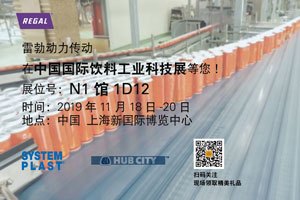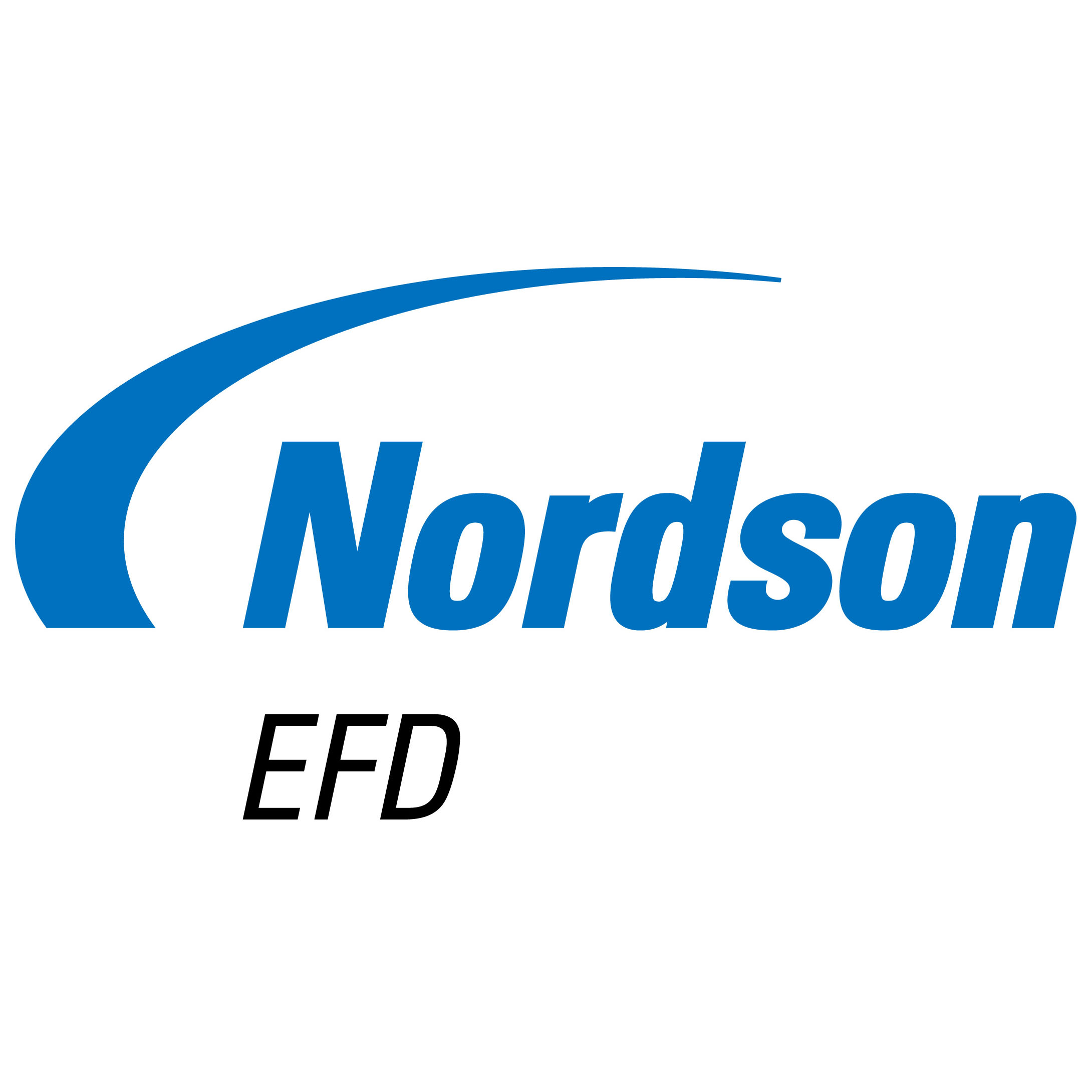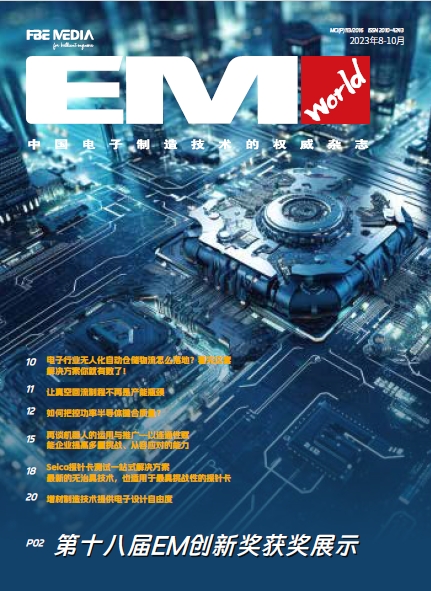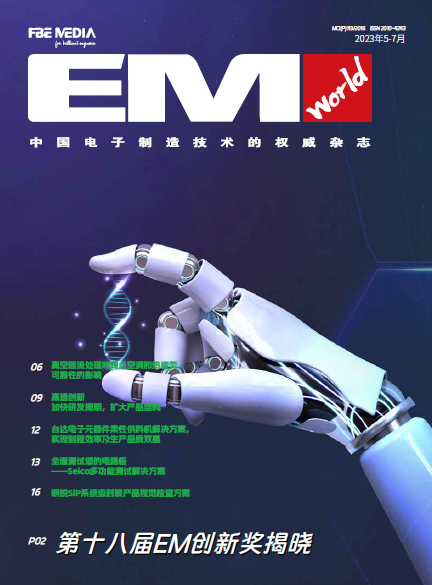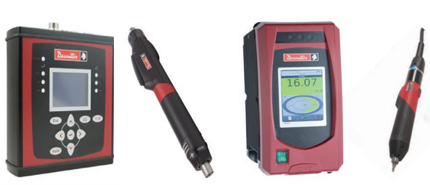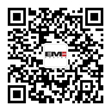The EU (European Union) is moving through the process of recasting its ROHS (restriction of hazardous substances) environmental directive. By the end of this year or early 2011, a ROHS recast will likely carve away exclusions and possibly add new substances to the current list of six banned substances. Many industry observers are even more concerned about ROHS becoming part of Europes CE (conformit¨| Europ¨|enne or European conformity in French) mark, which would require the electronics supply chain to produce greater detail about the contents of their products. The final vote of the full European Parliament has been put back to October. The postponement comes because the EUs Environment Committee is meeting with the Council of Ministers to get on the same page in expanding the scope of ROHS. The goal is a smooth vote from the full parliament in October. Though ROHS is a European-centric directive, most of the electronics industry adopts its restrictions to avoid producing different products for different regions. Expanded scope, fewer exclusions So far the Environmental Committee has agreed that ROHS should be expanded in scope to include all electrical and electronic equipment, with a few exceptions such as renewable-energy generation and certain large-scale installations and military equipment. Currently ROHS only bans substances in eight product categories, with two more slated to be added in 2014. Implementation of the October parliament vote will likely begin in 2013 or 2014. The narrowing of exemptions hasnt hit the industry as a surprise. The oil and gas market segments are examples of customers starting to require that electronics used by those industries be ROHS compliant in advance of those segments being officially included in the scope of EU ROHS as enacted today, said Ken Stanvick, senior VP and co-founder of Design Chain Associates in San Francisco. The medical and monitoring - categories 8 and 9 - products will be included in scope of the adopted EU ROHS recast . The medical and monitoring equipment segments have been converting to ROHS compliance so thats not a revolutionary change. At Arrow Electronics Inc in Melville, NY, the components division has been braced for additional ROHS substances and fewer exclusions. With more end equipment coming into scope, we find more of our customers needing to comply for the first time and, therefore, theyre looking to Arrow for help in terms of information on transitioning to compliant solutions, said Peter Kong, president of Arrow Electronics Global Components. With the initial ROHS implementation, we built an internal infrastructure that allows us to support the continued evolution of the regulation as additional substances are added and/or exemptions removed. New banned substances The Environment Committee took a pass on adding PVC (polyvinyl chloride) and BFRs (brominated flame retardants) to the original six banned substances. Instead, they asked for further study. The electronics industry, however, is expecting these substances will eventually be added. Given that assumption, an industry coalition voluntarily stopped using PVC and BFRs and it has asked the industry to follow suit in finding alternatives. The group includes Acer, Dell, HP, and Sony Ericsson, as well as the environmental groups ChemSec, Clean-Production Action, and the European Environmental Bureau. The group has asked the industry to eliminate the use of these substances in consumer electronics from 2015 onward. Many electronics companies have voluntarily moved to eliminate PVC and BFRs from their products. Some industry watchers are skeptical about how thoroughly these companies are restricting BFRs and PVC. These companies are acting they way they do because Greenpeace has a gun to their heads, said Fern Abrams, director of government relations and environmental policy at the Association Connecting Electronics Industries (IPC) in Bannockburn, Ill. I would suspect this was a business decision - its easier to negotiate with ChemSec than against them. As for the coalition companies actually eliminating all BFRs and PVC substances, Abrams is doubtful. The footnotes to their statement on their Web sites look like credit card agreements. One of the efforts from the coalition is information on how companies can effectively eliminate the use of BFRs and PVC. Weve worked on the educational aspect of this issue, said Alexandra McPherson, managing partner of Clean Production Action in Spring Brook, NY. Weve produced a technical report that shows the feasibility of the transition away from these substances. We did the report for both the policy members in Europe who will decide whats going to be included in ROHS, and for the electronics supply chain so we could tell them what strategies companies have developed to overcome the challenges and barriers to removing PVC and BFR. CE mark requirements One of the impending restrictions that strikes that greatest terror into the heart of the electronics supply chain is the almost inevitable prospect of ROHS becoming a CE mark directive. That would require a significant escalation in reporting of content in electronic products. Presently, companies simply state their products are compliant and its up to European monitoring agencies to test the products and prove a companys claim is false. CE mark hasnt been voted on yet, but the industry now believes its certain ROHS will become a CE mark directive. Thats significant, said Gary Nevison, legislation and environmental affairs manager at the UK-based distributor, Premier Farnell and its sister company Newark in the United States. Companies will have to produce significant documentation. Small- and medium-size companies are terrified of this. Some industry watchers believe the CE mark will come as a shock to the electronics industry. It will be an interesting awakening to for some companies, said Stanvick from Design Chain Associates. The idea of having technical documentation to defend your claim as ROHS compliant will difficult. Many companies dont have internal or external audit capabilities. Going forward In response to growing regulations, IPC has launched a campaign asking regulating bodies such as the European Parliament to make sure their regulations are based on actual science. Many in the electronics industry believe the regulations are politically based rather than based on improving the environment. When you look at some of the proposed amendments, you begin to abandon hope that it will be scientific process, said IPCs Abrams. Some of the amendments are quite disturbing to anyone who cares about science. As an example, Abrams noted that not all BFRs have been identified as toxic. Another ongoing problem in the electronics supply chain is the lack of widespread standards for exchanging data to support compliance. The industry needs to define better ways of passing information in standard formats. Currently these are not well adopted by component manufacturers, said Arrows Kong. Industry bodies such as IPC, NEDA (National Electronic Distributors Association), and AFDEC (Association of Franchised Distributors of Electronic Components) have worked to define standards and simplify data collection since ROHS took force, but outside of major suppliers, adoption is still low. This problem will compound if ROHS becomes a CE mark regulation.
